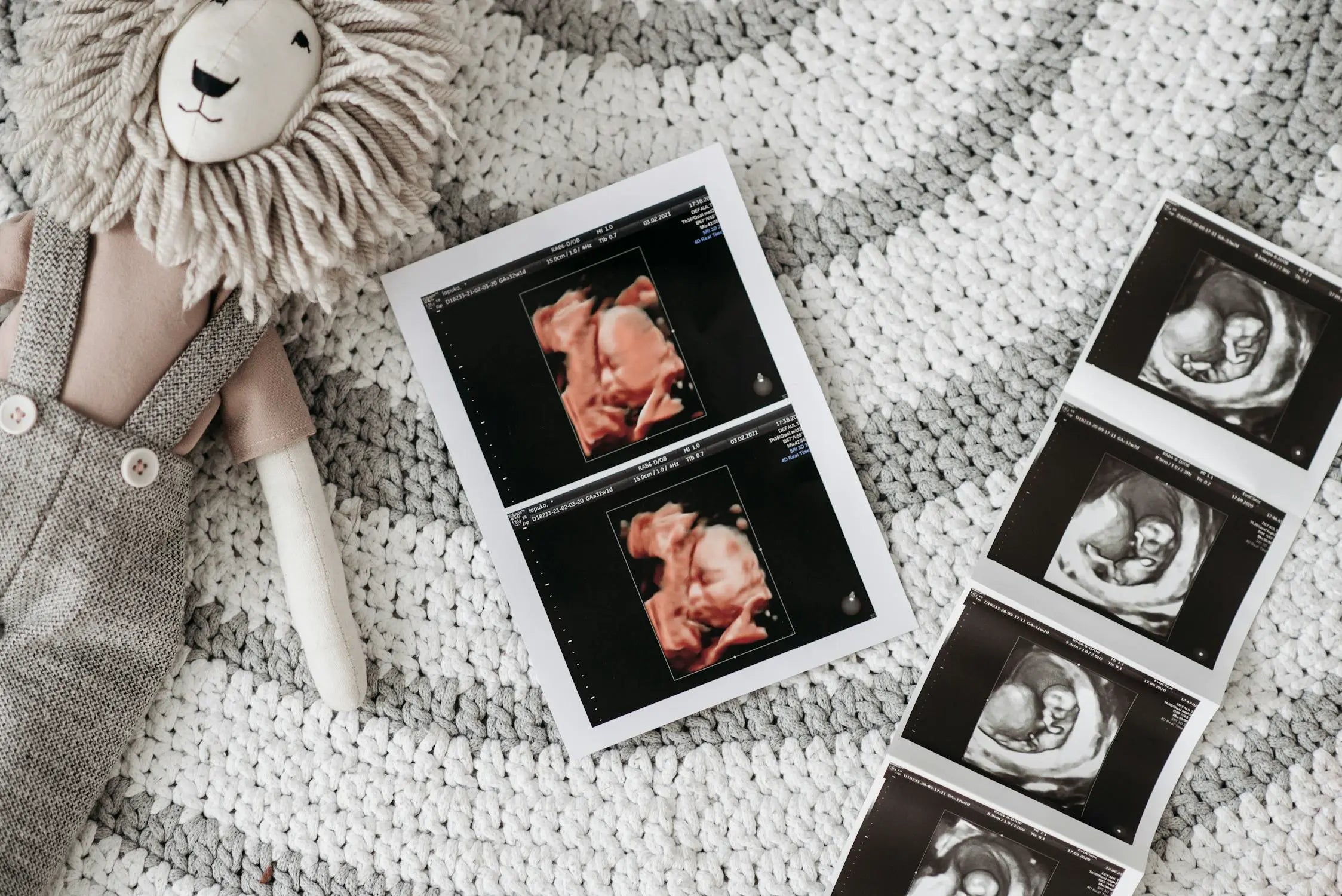Home
Pregnancy, Breastfeeding, and Pumping: The Ultimate Guide for Moms
When You to Take a Pregnancy Test: A Comprehensive Guide

When You to Take a Pregnancy Test: A Comprehensive Guide
Deciding when to take a pregnancy test can be a pivotal moment filled with anticipation and uncertainty. Whether you're hoping for a positive result or bracing for a negative one, understanding the right time to test is crucial for accuracy and emotional preparedness. This guide will walk you through everything you need to know about when to take a pregnancy test, ensuring you're well-informed and ready for the next steps.
Understanding Pregnancy Tests
Pregnancy tests detect the presence of human chorionic gonadotropin (hCG), a hormone produced during pregnancy. This hormone is released when a fertilized egg attaches to the uterine lining, typically about six days after fertilization. The levels of hCG increase rapidly in the early stages of pregnancy, making it a reliable marker for detection.
When to Take a Pregnancy Test
The timing of a pregnancy test is critical for obtaining accurate results. Here are some key factors to consider:
Missed Period
The most common indicator that it's time to take a pregnancy test is a missed period. If your menstrual cycle is regular and you've missed your period, it's a strong signal to test. However, if your cycle is irregular, this method may not be as reliable.
Early Symptoms
Some women experience early pregnancy symptoms before a missed period. These can include nausea, breast tenderness, fatigue, and frequent urination. If you notice these signs, it might be time to consider taking a test.
Ovulation and Conception
Understanding your ovulation cycle can also help determine the best time to test. If you've been tracking ovulation and know the approximate date of conception, you can test about 10-14 days after ovulation. This is when hCG levels are typically high enough to be detected.
Types of Pregnancy Tests
There are two main types of pregnancy tests: urine tests and blood tests. Each has its own advantages and considerations.
Urine Tests
Urine tests are the most common and can be done at home. They are convenient, affordable, and provide quick results. However, the accuracy depends on the timing and the sensitivity of the test.
Blood Tests
Blood tests are performed in a healthcare setting and can detect pregnancy earlier than urine tests. They measure the exact amount of hCG in the blood, providing more precise results. However, they are more invasive and require a visit to a healthcare provider.
Factors Affecting Test Accuracy
Several factors can influence the accuracy of a pregnancy test. Being aware of these can help you choose the best time to test and interpret the results correctly.
Test Sensitivity
Different tests have varying levels of sensitivity to hCG. Some can detect lower levels of the hormone earlier in pregnancy, while others require higher levels for a positive result. Always check the sensitivity of the test you're using.
Timing of the Test
Testing too early can result in a false negative, as hCG levels may not be high enough to detect. Waiting until after a missed period or at least 10-14 days after ovulation increases the likelihood of an accurate result.
Proper Usage
Following the instructions on the pregnancy test is essential for accurate results. Improper usage, such as using diluted urine or not waiting the recommended time, can lead to incorrect readings.
What to Do After Taking a Pregnancy Test
Once you've taken a pregnancy test, the next steps depend on the result. Here's what to consider:
Positive Result
A positive result typically indicates pregnancy. It's important to confirm the result with a healthcare provider, who can provide guidance on prenatal care and next steps.
Negative Result
A negative result may mean you're not pregnant, but it could also be a false negative if the test was taken too early. If you still suspect pregnancy, wait a few days and test again or consult a healthcare provider.
Unclear Result
Sometimes, a test may show an unclear result, such as a faint line. In such cases, it's best to retest after a few days or seek medical advice for clarification.
Emotional Considerations
Taking a pregnancy test can be an emotional experience, regardless of the outcome. It's important to prepare yourself mentally and seek support if needed.
Managing Expectations
Whether you're hoping for a positive or negative result, managing your expectations can help reduce anxiety. Remember that a single test result is not the final word and may need confirmation.
Seeking Support
If you're feeling overwhelmed, don't hesitate to reach out to a trusted friend, family member, or counselor. Talking about your feelings can provide comfort and clarity.
Conclusion
Knowing when to take a pregnancy test is essential for accurate results and emotional preparedness. By understanding the timing, types of tests, and factors affecting accuracy, you can approach this moment with confidence and clarity. Whether the result is positive, negative, or unclear, remember that you're not alone, and there are resources and support available to guide you through the next steps.
Share
